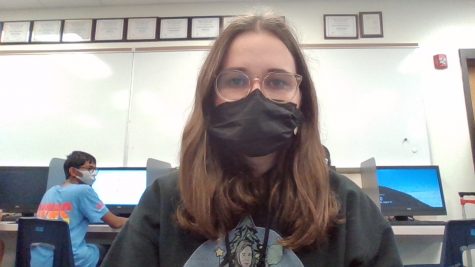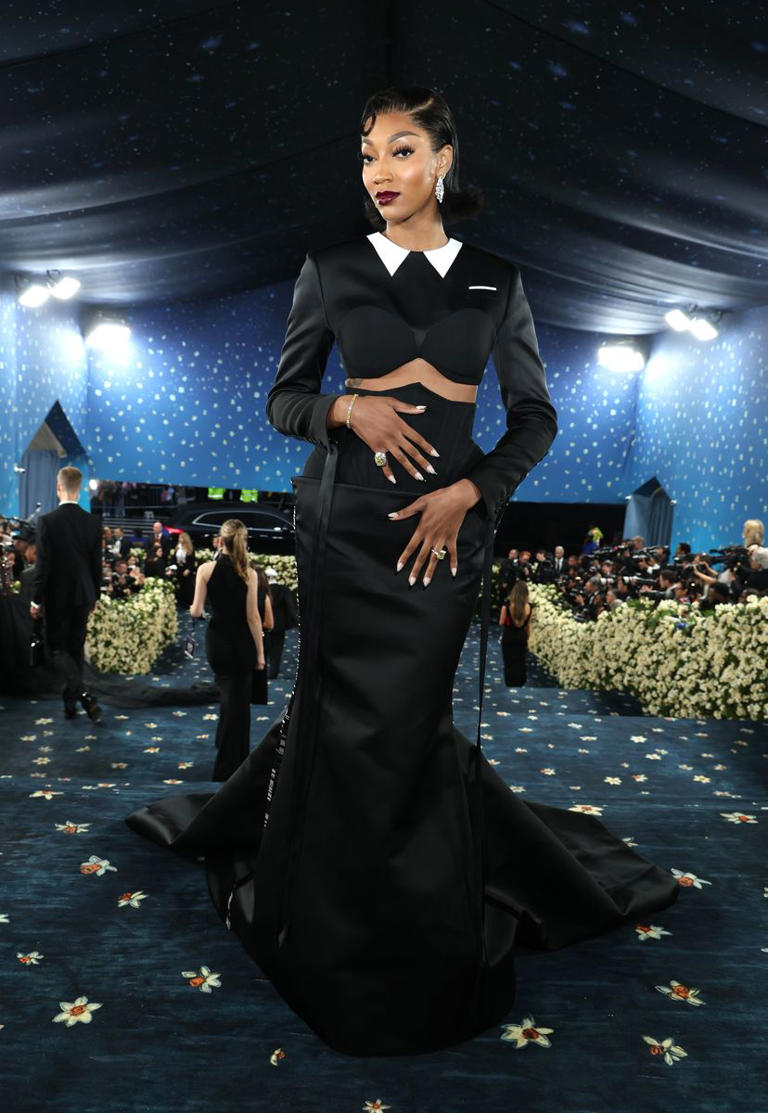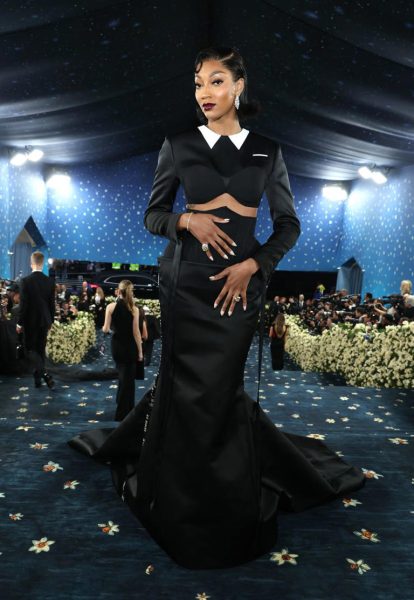Kamila Valieva: My Thoughts
The queen of figure skating has fallen from her throne. What does this mean?

Kamila Valieva performs her free-skate routine.
The 2022 Winter Olympics have been shrouded in controversy from the start. From the human rights concerns of the host country to tensions between Russia and Ukraine, these Olympics have stood out. Most recently, fifteen-year-old Russian figure skater Kamila Valieva has been at the center of a doping controversy.
Valieva’s Background
Valieva is an extremely talented member of Russia’s figure skating team. The young skating star was a heavy favorite for her events and expected to do incredibly well. However, her talent has been overshadowed by the controversy she’s found herself in. After already competing (and winning a gold medal) in the Olympic games, a drug test from December came back as positive. Valieva tested positive for three different heart medications, one of which is a banned substance. This combination can improve endurance. After a hearing, it was decided that Valieva would still be allowed to skate, a decision that has been the driving force of the controversy.
My Thoughts
It should be acknowledged that I do not have a background in figure skating beyond enjoying watching it. This scandal most likely has a lot more impact if you are a skater, especially one competing in the Olympics. from listening to many skaters’ commentary and reading multiple articles I have come to understand that if you are competing at that level it is understood that if you have a positive drug test, you cannot compete. And I agree. Having a skater who is doping is wildly unfair to other skaters who made it to the Olympics. Furthermore, it sets a harmful precedent and can serve to discredit the integrity of the Olympics.
However, when examining the doping allegations, it’s important to consider Valieva’s age. She’s only fifteen. It’s very unlikely a fifteen-year-old girl came up with the idea to take a combination of heart medication on her own. Coupled with her coach’s allegedly intense and borderline abusive techniques, it’s almost certain that Valieva’s positive test was the result of the influence of the adults around her.
Nevertheless, Valieva still shouldn’t be allowed to skate. A positive test is still a positive test, her age doesn’t change that. The committee that decided to allow Valieva to skate said that they were worried about how not skating would affect her mental health. However, I think the decision to let her skate had more of a negative impact. Valieva remained in the public eye, everyone was talking about her, the test, and how she would skate. Valieva turned in all-time low scores, including a disastrous run in the women’s free skate that cost her a medal. As she was out there skating, she looked miserable. The minute she got off the ice, she broke into tears with no one there to comfort her.
Where do the Olympics go from here?
The question going forward is how can the Olympics improve. How can they prevent young athletes from being taken advantage of, and abused? Honestly, I don’t know. There’s been talk of raising the minimum age of participation. This is something that had been considered independent of the doping scandal. In a sport like figure skating, the complicated jumps and turns can take a serious toll on young, under-developed bodies. This causes young athletes to peak in their midteens or early twenties, unable to skate again because of the strain their early career took on their ankles or back. In June, the International Skating Union is expected to consider raising the age minimum to compete in events like the Olympics to 17 from 15. However raising the age minimum, while helpful, doesn’t fix the core issues. Abusive coaching methods, harmful and dangerous beauty standards, unfair judging, and doping are all very prevalent issues that need to be addressed. And if they aren’t, they could end up undermining the Olympics’ prestige, and influence in the sports world.
The Olympics are supposed to be a showcase of the world’s best athletes doing what they love. But if it turns out those athletes are being borderline abused, or if their talent was being enhanced then it takes the shine away from the competition.

Hi, I'm Mayla! I'm an eighth grader here at CVMS. In my free time I love acting, swimming, watching TV shows and movies, and sleeping. I have one little...






















